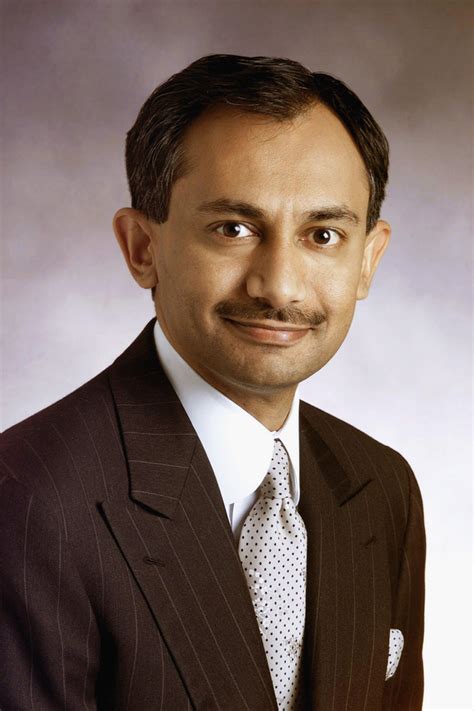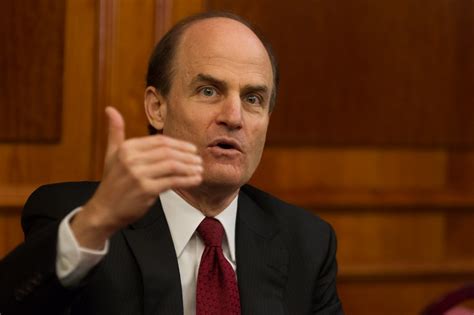A Quote by Steve Blank
Any dispassionate observer would recognize that on Day One, a start-up has no customers, and unless the founder is a true domain expert, he or she can only guess about the customer, problem, and business model.
Related Quotes
The problem with Wal-Mart is that it's a business model premised on offering the customer low prices at any cost - any cost to society, any cost to workers. They've got a lot of competition and have influenced people to follow their model through simply providing a model that is so successful at making profits.
Traditional sales and marketing involves increasing market shares, which means selling as much of your product as you can to as many customers as possible. One-to-one marketing involves driving for a share of customer, which means ensuring that each individual customer who buys your product buys more product, buys only your brand, and is happy using your product instead of another to solve his problem. The true, current value of any one customer is a function of the customer's future purchases, across all the product lines, brands, and services offered by you.
Loyal customers, or customers who recommend their friends, give me the most pride. I think that is the biggest compliment I can get. I think in the restaurant business, it takes patience from the customer to spark up a relationship with the restaurateur, but it takes also work from the restaurateur to spark up a relationship with his customer.
One of these days when I'm finished coaching at Alabama, I'll write an authorized book because there's only one expert on my life, and guess who that is... me. And there won't be any misinformation. There won't be any false statements. There won't be any hearsay. There won't be any expert analysis from anybody else. It will be the real deal.
A lot of the philosophies of the businesses are just 'we're interested in getting customers now and if we're losing money with each customer now that's okay because we have this huge hoard of venture capital that we can subsidise the operation with and once we have the required number of tens of millions of customers and we drive our competitors out of business, then we can start to raise prices and become a proper business.'
The problem facing humanity today is not a political problem; it's not a financial problem; it's not a military problem. It's obviously a spiritual problem. That is, it has to do with what we believe to be true about who we are, where we are, why we are where we are, and what are we doing on the Earth. What is the purpose of life itself? What we need right now are leaders or models, people who will stand up and not only help to write a cultural story, but help to model it in the way that they interact with each other.
The outside-in discipline requires that you have an explicit customer-based reason for everything you do in the marketplace. Managers need to create what I call "customer pictures," verbal descriptions of customers that highlight the key customer characteristics and make those customers come alive. Although managers never know as much about customers as they want and need to know, the outside-in discipline requires that they construct customer pictures anyway, basing the pictures on whatever hard data they have plus hypotheses and intuition.
Customers are a great way to finance a business for many reasons. First, customer financing is typically non dilutive. They want something from you other than equity in your business. Customers also help you fit your product to the market. And customers will help debug and improve the quality of the product.


































